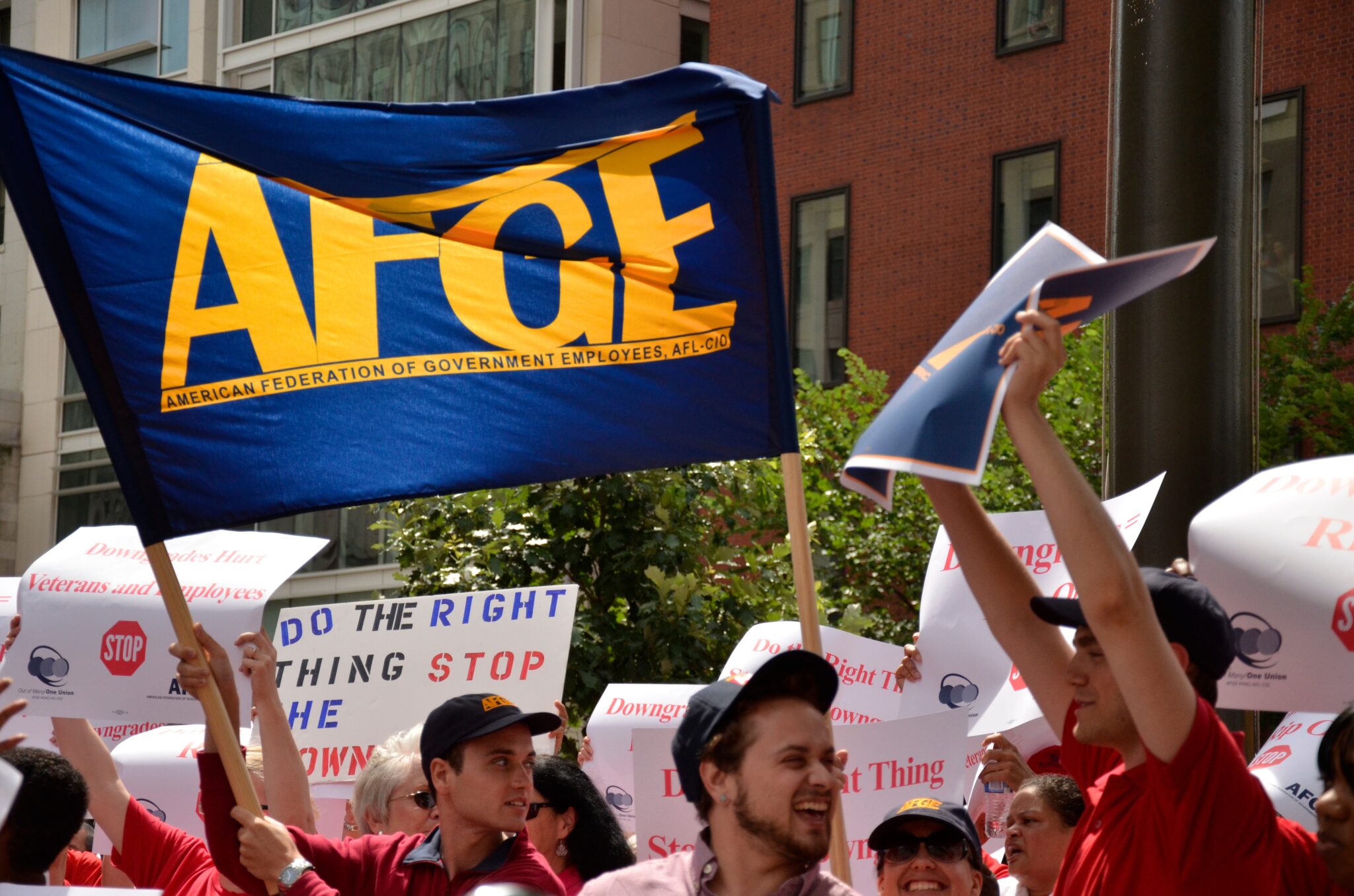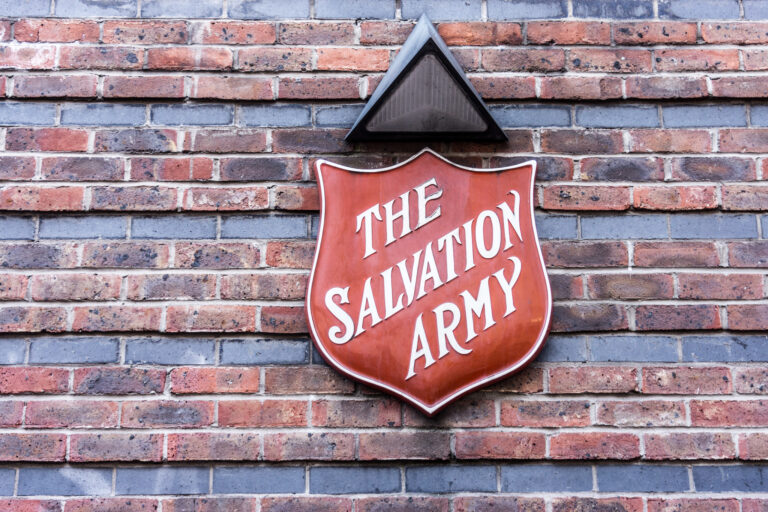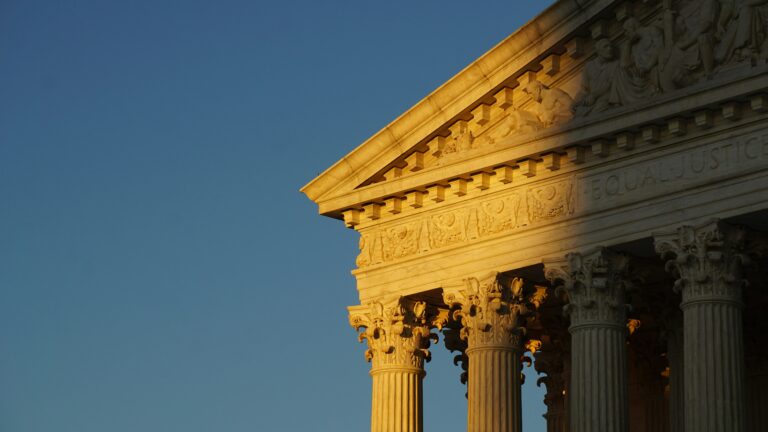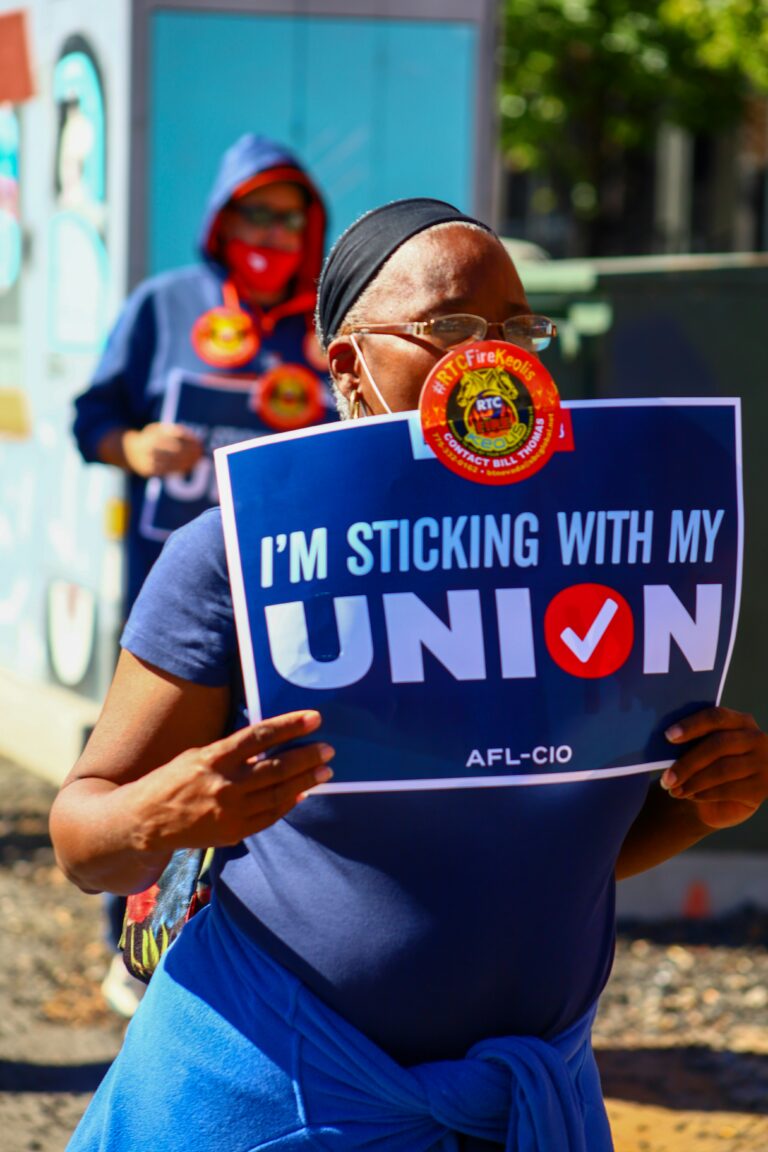
Justin Cassera is a student at Harvard Law School.
In today’s news and commentary, jobless claims surge toward a four-year high, a federal court grants summary judgment in suit challenging government firings, and employers fire workers for social media posts regarding the assassination of Charlie Kirk.
On Thursday, the Department of Labor reported a rise in both the Consumer Price Index (CPI) and applications for jobless benefits. The CPI, a key indicator of inflation, rose 0.4% in August. This is the largest year-over-year increase in seven months and is primarily driven by increases in the cost of food and housing. Some economists attribute these increases to tariffs and labor shortages at farms typically staffed by migrant workers. The Labor Department also reported that initial claims for state unemployment benefits jumped to 263,000 for the week ended September 6. This is an increase of 27,000 and is, in the aggregate, the highest level of claims since October 2021. While the Labor Day holiday may have impacted the data, others fear the numbers signal the advent of stagflation. This combination of inflation and a softening labor market will certainly impact the Federal Reserve’s highly anticipated decision to cut interest rates at its Wednesday meeting.
On Friday, a federal court in California granted the American Federation of Government Employees partial summary judgment in its suit challenging unlawful firings by the United States Office of Personnel Management (OPM). The order states that the OPM “exceeded its own powers and usurped and exercised powers reserved by Congress.” While this weakens the OPM’s ability to unilaterally fire people in theory, the court did not order reinstatement of the workers. In declining to do so, Judge William Alsup wrote that the Supreme Court has “made clear” it would overturn such a decision while noting that many of the fired employees have since found other jobs. The Trump administration has promised to appeal.
At least thirty people have been fired at various organizations for comments made on social media regarding the assassination of conservative political commentator Charlie Kirk. This includes MSNBC analyst Matthew Down, an associate at the law firm Perkins Coie, and a public relations employee at the Carolina Panthers. Kirk’s assassination on September 10 has sparked waves of public outrage, misinformation, and calls for further political violence. One website, titled “Expose Charlie’s Murderers,” reviews submissions of social media posts and lists the names, locations, and employers of those deemed to have been “celebrating Charlie’s death.” Several of the people listed have since received death threats. The former employers of those fired have condemned the posts as “insensitive,” “unacceptable,” and not representative of their organizations.






Daily News & Commentary
Start your day with our roundup of the latest labor developments. See all
October 26
California labor unions back Proposition 50; Harvard University officials challenge a union rally; and workers at Boeing prepare to vote on the company’s fifth contract proposal.
October 24
Amazon Labor Union intervenes in NYS PERB lawsuit; a union engages in shareholder activism; and Meta lays off hundreds of risk auditing workers.
October 23
Ninth Circuit reaffirms Thryv remedies; unions oppose Elon Musk pay package; more federal workers protected from shutdown-related layoffs.
October 22
Broadway actors and producers reach a tentative labor agreement; workers at four major concert venues in Washington D.C. launch efforts to unionize; and Walmart pauses offers to job candidates requiring H-1B visas.
October 21
Some workers are exempt from Trump’s new $100,000 H1-B visa fee; Amazon driver alleges the EEOC violated mandate by dropping a disparate-impact investigation; Eighth Circuit revived bank employee’s First Amendment retaliation claims over school mask-mandate.
October 20
Supreme Court won't review SpaceX decision, courts uphold worker-friendly interpretation of EFAA, EEOC focuses on opioid-related discrimination.